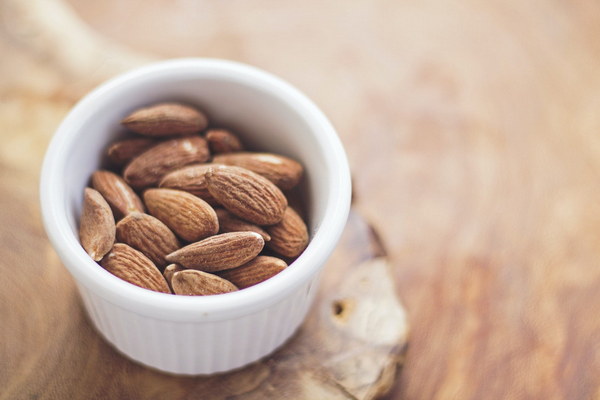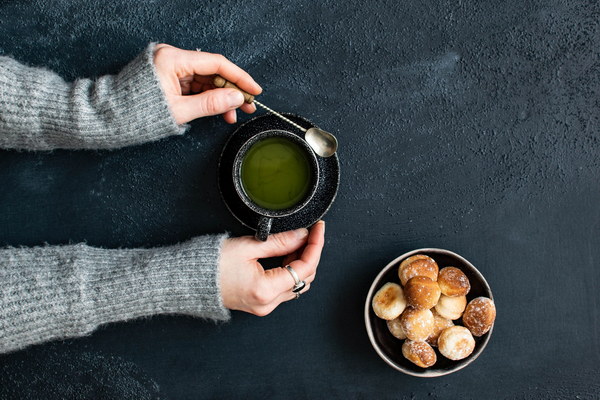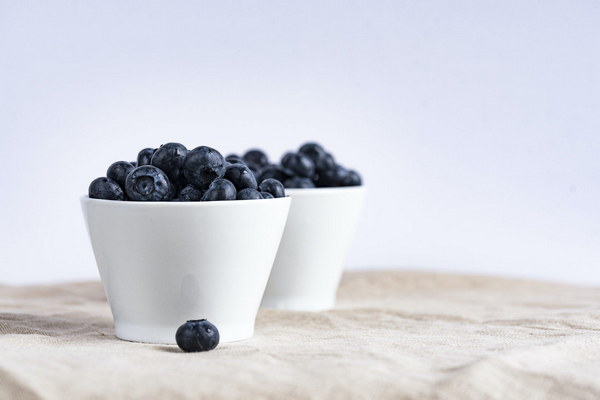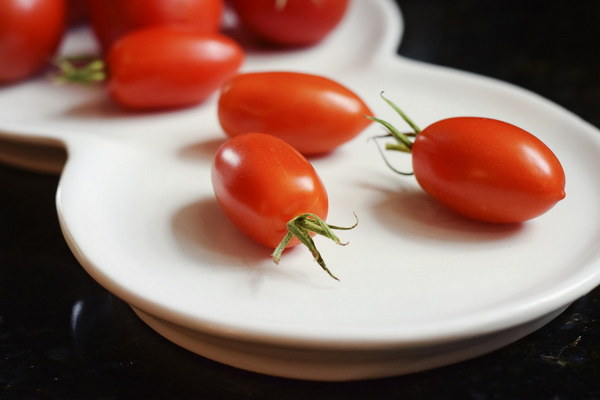Nurturing a Daughter's Health Traditional Chinese Herbs for Postpartum Recovery
In the realm of traditional Chinese medicine (TCM), the postpartum period is a crucial time for a woman's recovery and overall well-being. This period, known as sitting the month, involves a month-long period of rest and nourishment to restore the body's balance and energy. For new mothers who have given birth to a daughter, TCM offers a variety of herbal remedies that can help in the healing process and promote a healthy mother-daughter bond. This article delves into the world of TCM and explores the benefits of herbal treatments for postpartum recovery in the context of welcoming a daughter into the family.
The postpartum period is a time when a woman's body undergoes significant changes as it heals from childbirth. These changes can lead to various physical and emotional symptoms, such as fatigue, mood swings, and susceptibility to infections. TCM views these symptoms as a result of the body's deficiency in blood and yin, which are essential for maintaining health and vitality. By addressing these deficiencies, TCM aims to restore balance and promote healing.
One of the most popular herbal formulas used in TCM for postpartum recovery is Dong Quai (Angelica sinensis). This herb is known as the female ginseng due to its ability to nourish the blood and regulate the menstrual cycle. Dong Quai is often combined with other herbs to create customized formulas that cater to the individual needs of the postpartum mother. Some common herbs used in conjunction with Dong Quai include:
1. Chuan Xiong (Ligusticum chuanxiong) - This herb is known for its ability to invigorate the blood and relieve pain, making it beneficial for treating postpartum-related conditions such as breast engorgement and abdominal pain.
2. Bai Zi Ren (Semen biotae) - This herb is used to nourish the heart and calm the mind, which can be helpful for treating postpartum depression and anxiety.
3. Bai Zi (Radix platycodi) - Known for its cooling and demulcent properties, Bai Zi is used to help reduce fever and relieve sore throat, which can be common during the postpartum period.
In addition to these herbal formulas, TCM emphasizes the importance of a balanced diet and proper rest. A postpartum mother should consume foods rich in iron, vitamins, and minerals to support her recovery. Some recommended foods include:
- Dark leafy greens, such as spinach and kale, which are high in iron and calcium.
- Lean proteins, such as chicken, fish, and tofu, which help to rebuild the body's tissues.
- Whole grains, such as brown rice and quinoa, which provide energy and fiber.

- Nuts and seeds, which are packed with healthy fats, protein, and vitamins.
Furthermore, TCM suggests that new mothers should avoid certain foods and activities that could hinder their recovery. These include:
- Cold or raw foods, which can lead to internal coldness and weaken the body.
- Excessive physical activity, which can deplete the body's energy reserves.
- Emotional stress and anxiety, which can disrupt the body's balance.
By following a TCM-based postpartum recovery plan, new mothers can ensure that they are taking the necessary steps to restore their health and well-being. This approach can also help in fostering a strong bond between mother and daughter, as the mother's physical and emotional health are vital for the nurturing of her child.
It is important to note that while TCM offers numerous benefits for postpartum recovery, it is essential to consult with a qualified TCM practitioner before starting any herbal treatment. This is to ensure that the chosen herbs are safe and appropriate for the individual's specific needs. Additionally, a practitioner can provide guidance on the correct dosage and usage of the herbs, as well as monitor the mother's progress throughout the postpartum period.
In conclusion, the use of traditional Chinese herbs for postpartum recovery can be a valuable tool for new mothers who have given birth to a daughter. By addressing the body's deficiencies and promoting healing, TCM can help create a solid foundation for the mother's health and the development of her bond with her child. Embracing the wisdom of TCM can lead to a smoother and more fulfilling postpartum journey for both mother and daughter.









